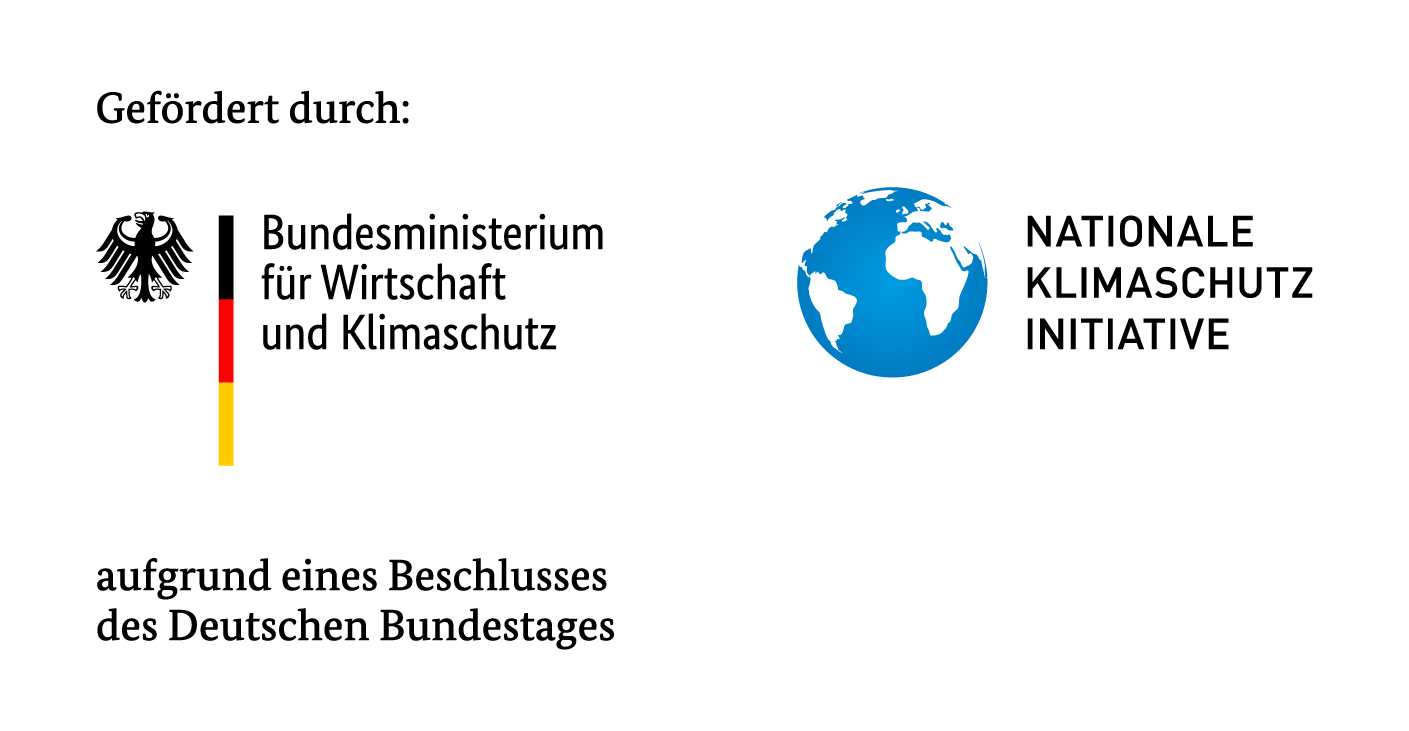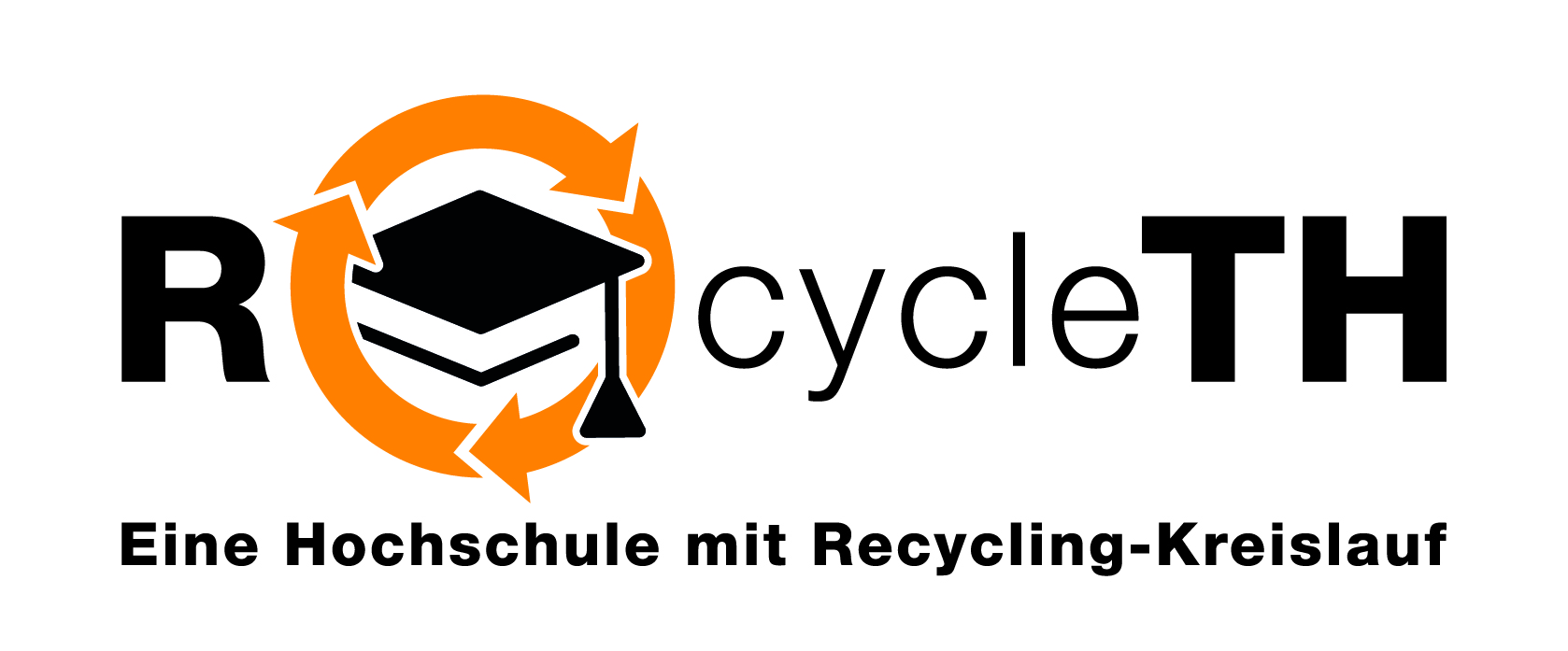ROcycleTH - a university with a recycling loop
Reducing plastic waste, saving GHG emissions and promoting sustainability - that's what ROcycleTH is all about. Rosenheim Technical University of Applied Sciences wants to establish an internal circular economy for handling plastic waste and transfer the concept and results to other university institutions and industrial companies.
Project background
ROcycleTH is a project to create an internal circular economy at Rosenheim Technical University of Applied Sciences. As part of the plastics technology course, many practicals are carried out in which the students get to know the various plastic processing methods and are able to try them out for themselves. Approximately 10 tons of plastic waste are produced every year during this and in the area of research work. In order to reduce this, cut GHG emissions and promote sustainability, Rosenheim Technical University of Applied Sciences would like to set up an internal recycling cycle.
For an educational institution that also teaches, works and researches in the field of plastics technology, the practical implementation of recycling at the institution itself is of essential importance. Rosenheim Technical University of Applied Sciences would like to be the first educational institution in Germany to set an example with an internal recycling management system and pass on the methodology and knowledge gained to other educational institutions and industrial companies.
Funding reference: 67KF0190
Project objective
The aim of the project is to reduce annual GHG emissions by reusing used plastics in teaching and research. This is to be achieved by establishing an internal plastics recycling cycle at Rosenheim Technical University of Applied Sciences. In the long term, the project should also serve to transfer internal recycling management in the field of plastics to other educational institutes and industrial companies. This will enable GHG emissions to be reduced on a much larger scale.
All plastics engineering departments at Rosenheim Technical University of Applied Sciences and companies in the Rosenheim area will be involved in the development of the project in order to achieve a holistic solution for industrial applications. In addition, the plastics engineering students will be able to carry out the topic of recycling independently in the practical courses, thus combining the theoretical principles from teaching with practice and ultimately transferring the findings to industry after completing their studies.
Project procedure
In the ROcycleTH project, a concept is being developed in which the plastics used in the plastics technology course are reused in several life cycles and then finally processed into transport boxes and donated. The aim is to increase specialist knowledge on the subject of plastic recycling and upcycling and to create methods and routines within the laboratories in order to recycle the plastic waste generated each year in a targeted manner.
For this purpose, a material stock database with a characterization of the plastics used at Rosenheim Technical University of Applied Sciences will be created first. The main component of the project is the construction of a complete recycling line for the reuse of the used plastics. This recycling line will process and recycle the plastic waste generated in teaching and research. The recycling line also offers great benefits for the research sector, as new knowledge can be generated on the subject of recycling.
The implementation of the concept is supported and documented by strict project monitoring in order to be able to transfer an internal circular economy and the knowledge gained to other educational institutes and industrial companies. To this end, contact will be maintained with other educational institutes and companies throughout the duration of the project.
The establishment of an internal recycling cycle and the transfer of the circular economy to other educational institutes and industrial companies is intended to reduce GHG emissions during the project period and in the medium term at Rosenheim Technical University of Applied Sciences and at companies in the Rosenheim area.
Innovation
In the long term, the GHG reduction can potentially increase many times over, as the establishment of such a cycle can be extended further and further to other institutions. During the project period of 3 years, 90 tons of CO2 are to be saved at Rosenheim Technical University of Applied Sciences. After 10 years, a GHG reduction of up to 91,000 tons of CO2 can be achieved at companies within a 70 km radius of Rosenheim and colleges/universities throughout Germany.
Project lead
T +49 (0) 8031 / 805 - 2626 dirk.muscat[at]th-rosenheim.de
ORCID iD: 0000-0002-6704-7343
Project staff
harald.kaspar[at]th-rosenheim.de
Project duration
2023-07-01 - 2026-06-30Project management agency
Project funding



